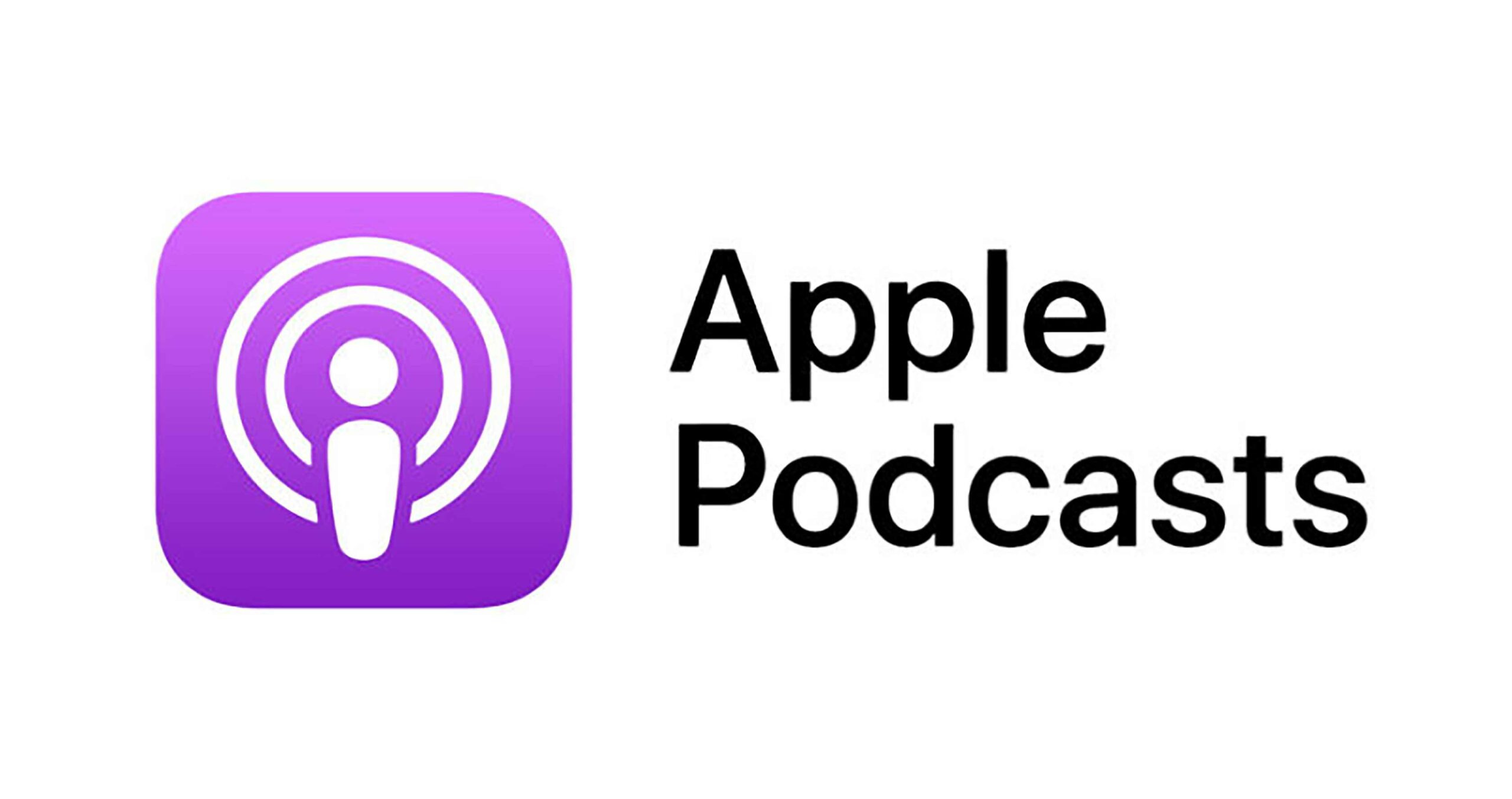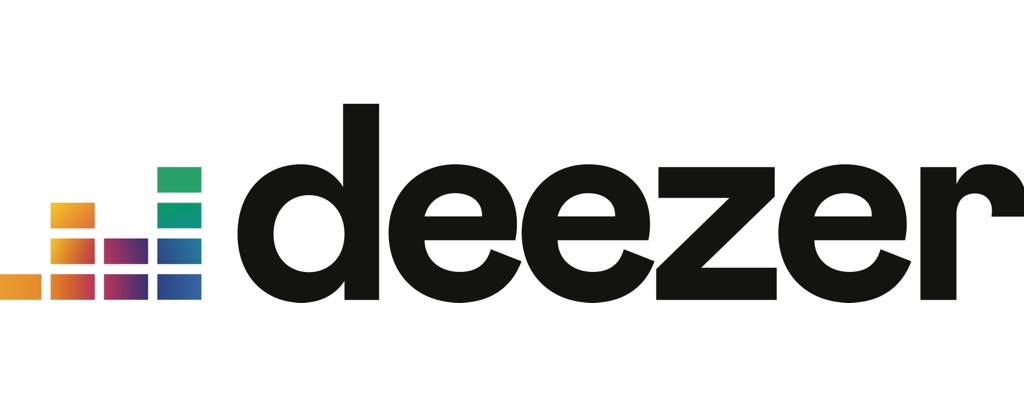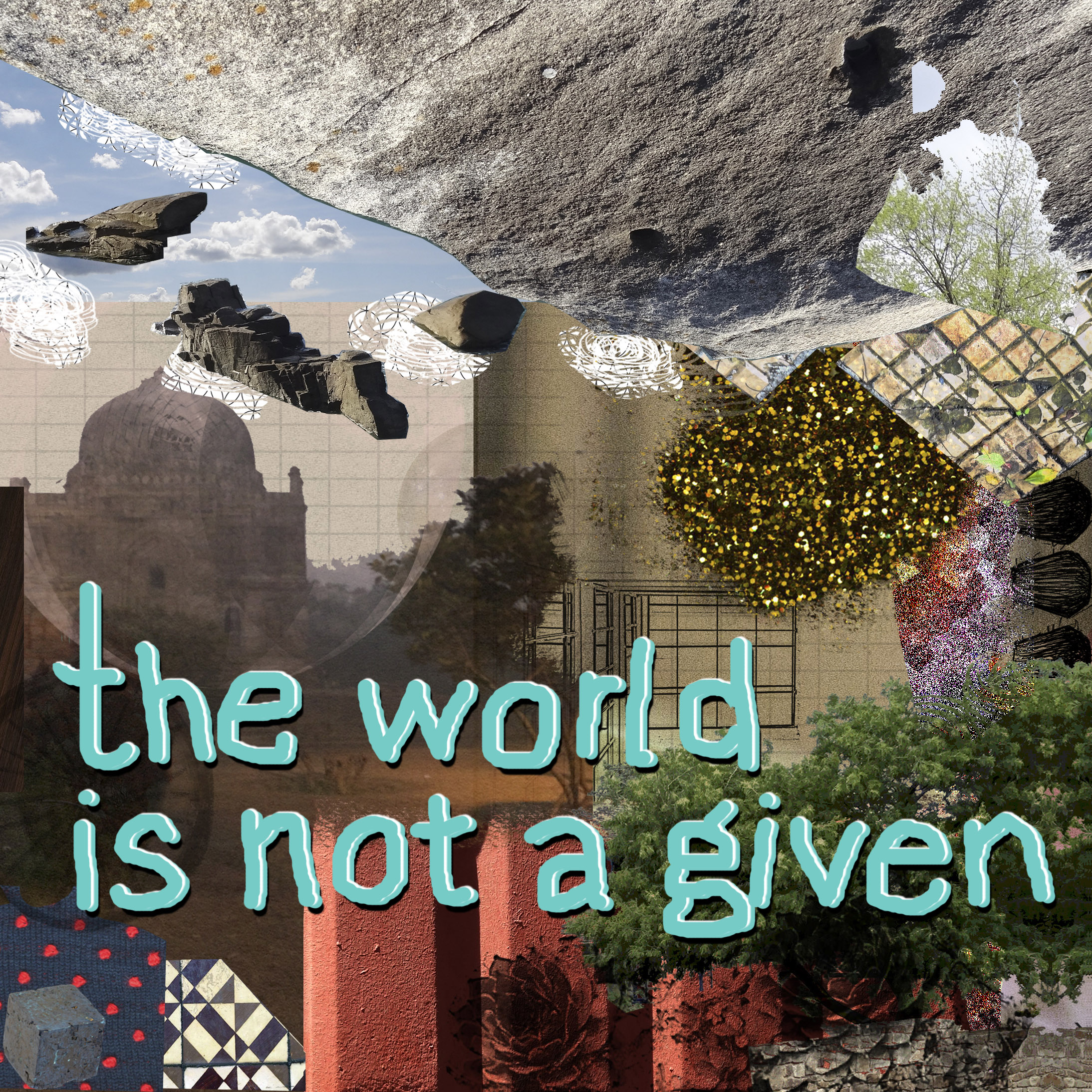Imagining Worlds and Making Meaning With Four Artists From Delhi
Episode 3 of the TIMEZONES podcast series, co-initiated and co-produced by Norient and the Goethe-Institut. In this episode, four contemporary artists with a connection to the city of Delhi reflect upon their diverse and evolving practices.
Heeding to the COVID-19 pandemic, they share observations and open spaces of thought where new meanings and speculative realities are constantly being formed, un-formed and re-formed. The composition interweaves these conversations into fragments of found sound, musical renditions, and sonic textures, contemplating the ever-shifting edges of truth, experience, the real, and the fictional.
A podcast by Suvani Suri and Abhishek Mathur
Co-initiated and co-produced by Norient and the Goethe-Institut
Featuring: Mochu, Pallavi Paul, Gagan Singh, Suhail Yusuf Khan
Conceptualisation, Interviews: Abhishek Mathur, Suvani Suri
Arrangement, Editing, Sound Design: Abhishek Mathur, Suvani Suri
Additional Mixing: Gaurav Chintamani, Quarter Note Studios
Additional Samples, Recordings: Suhail, Mochu, Pallavi
Jingle Voiceover: Nana Akosua Hanson
Mastering: Adi Flück, Centraldubs
Artwork: Šejma Fere
→ Full transcript of episode 3
Listen on



→ Listen to further TIMEZONES episodes
Mochu works with video and text arranged as installations, lectures and publications. Techno-scientific fictions feature prominently in his practice, often overlapping with instances or figures drawn from art history and philosophy. Recent projects have explored mad geologies, psychedelic subcultures and Indian Modernist painting. Exhibitions include 9th Asia-Pacific Triennial, Sharjah Biennial 13, 4th Kochi-Muziris Biennale, Kiran Nadar Museum of Art and Transmediale BWPWAP.
Suhail Yusuf Khan is a sarangi player, vocalist, composer, and a PhD candidate in the department of music at Wesleyan University. He brings together expertise from a performance career that has already extended over twenty-years, creative ability, and academic research to find new modes of expression in Hindustani music, contemporary rock fusion, pop, folk, jazz, and experimental music. His ethnographic scholarship draws on personal experience as an eighth-generation musician belonging to a lineage of Hindustani musicians. He has been featured on more than fifteen albums and is currently signed to Domino records, U.K.
Pallavi Paul works with video, performance, and installation. Her practice speaks to poetic exploration of cultural histories, questioning the limits of speculation and facticity and evidence. Paul is also engaged in thinking about ideas of the archive, tensions between document and documentary and the implication of trace within these openings. She has received her PhD in Film Studies from the School of Arts and Aesthetics, Jawaharlal Nehru University, New Delhi. Paul’s work has been exhibited in venues including Tate Modern, London (2013); AV Festival, New Castle (2018, 2016), Beirut Art Centre, Lebanon (2018), Savvy Contemporary (2019), Contour Biennale, Mechelen (2017), New Alphabet School, HKW (2020). She currently lives and works in New Delhi.
Gagan Singh is a Delhi-based visual artist, whose experiments with drawing have involved engaging with illustration, cartoons, storytelling, memory mapping, site specific installations, wall art and artist books. Gagan brings an element of flaneury to his work, both in the literal sense of walking through the city, but also via the mental act of constructing visual narratives in landscapes drawn from memory and observation.
Additional Playlists
Explore a playlist that takes off from the artist conversations in TIMEZONES Delhi podcast by Norient and the Goethe-Institut.
Curated by Suvani Suri and Abhishek Mathur
A compilation of sounds, music and provocations by the four artists featured in the podcast but also extended to many contemporary and critical voices from the milieu. The collection includes film, research material and references sourced from the artists, dialogues/conversations/features that they have been a part of along with a range of music – experimental/electro-acoustic compositions, Hindustani classical/folk-fusion-jazz, Sufi music, rap, songs of resistance, and more.
The TIMEZONES podcast series plunges into the world of artists and their practices, asking: what does living and working in culture and the arts involve in different countries, cities, and contexts today? The artists’ thoughts on their moods, their social, political, and intellectual realities and their philosophies (of life) have been worked up into experimental audio collages.
The podcasts run the gamut of formats and content, from straight journalism to experimental and documentary approaches, ethnography and fiction, sound art, and improvisation. The TIMEZONES series endeavours to create new artistic forms of storytelling, listening and exchange across the boundaries of geography, time zones, genres, and practices.
The TIMEZONES podcast series is co-initiated and co-produced by Norient and the Goethe-Institut.
Biography
Biography
Links
Shop



Published on December 03, 2020
Last updated on April 09, 2024
Topics
A form of attachement beyond categories like home or nation but to people, feelings, or sounds across the globe.
Why do people in Karachi yell rather than talk and how does the sound of Dakar or Luanda affect music production?
A generative practice that promotes different knowledge. One that listens is never at a distance but always in the middle of the sound heard.
From westernized hip hop in Bhutan to the instrumentalization of «lusofonia» by Portuguese cultural politics.
Special
Snap

